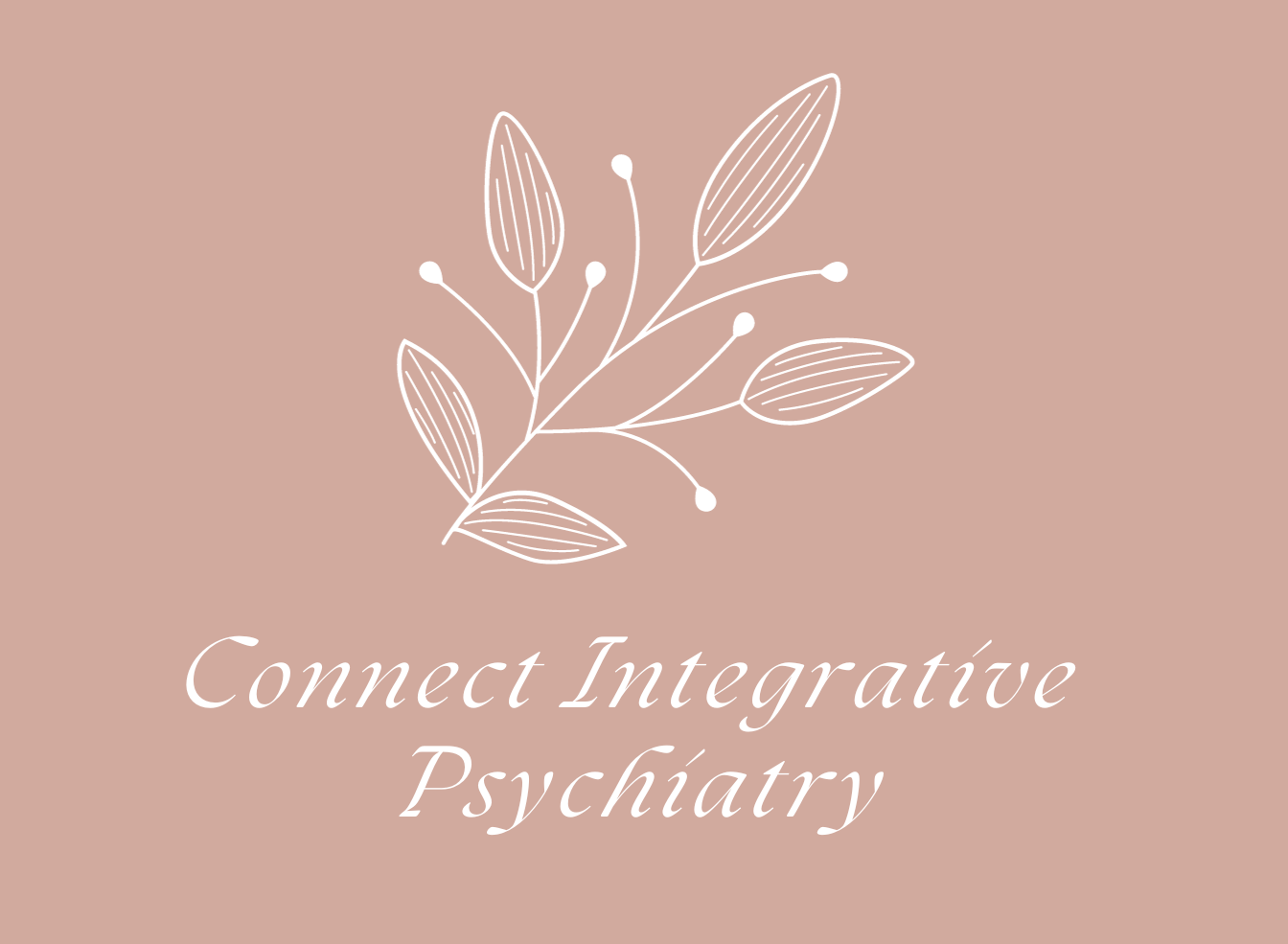When Bipolar Disorder Meets Hormones: Navigating Mood Stability in Women
Living with bipolar disorder already means navigating a delicate balance — moments of high energy followed by deep sadness and fatigue.
But for many women, this balance becomes even more complex during times of hormonal change: the days before a period, the months after giving birth, or the unpredictable transitions of perimenopause.
What may feel like emotional chaos is often a reflection of how powerfully hormones influence mood, sleep, and stress regulation. These changes aren’t a sign of weakness or instability — they’re biological responses that deserve compassion, understanding, and personalized care.
The Hidden Connection Between Hormones and Mood
Estrogen, progesterone, and thyroid hormones all play vital roles in regulating mood. When these fluctuate — especially during major life transitions — the brain’s chemical balance can shift, triggering or worsening bipolar symptoms.
Some women notice:
Increased irritability or restlessness before menstruation
Postpartum mood swings or mixed episodes
New or worsening depression during perimenopause
Changes in medication response across hormonal cycles
This connection doesn’t mean hormones cause bipolar disorder — but they can impact mood instability. Understanding this pattern helps guide a more personalized and effective treatment plan.
Hormonal Milestones That Impact Mood Stability
1. The Menstrual Cycle
Many women with bipolar disorder report premenstrual mood shifts — sometimes severe enough to mimic depressive or mixed episodes. These cyclic changes often point to hormonal sensitivity that benefits from an integrative psychiatry approach.
2. Pregnancy
During pregnancy, some women feel emotionally balanced, while others experience anxiety or depression as hormones fluctuate. Monitoring and medication management can help maintain stability.
3. Postpartum
After delivery, estrogen and progesterone levels drop dramatically — one of the biggest hormonal shifts in a woman’s life. For those with bipolar disorder, this can trigger depression, anxiety, or even postpartum psychosis. Early planning and close follow-up make all the difference.
4. Perimenopause and Menopause
In perimenopause, hormonal patterns become unpredictable, often leading to emotional turbulence and sleep disruption. Integrative Psychiatry focuses on restoring rhythm — biologically, mentally, and spiritually.
The Integrative Psychiatry Approach
Traditional treatment focuses mainly on medication. Integrative Psychiatry expands the approach — combining clinical expertise with nutrition, lifestyle, and emotional healing.
At Connect Integrative Psychiatry, our care plans for women with bipolar disorder may include:
Personalized medication management: stabilizers or antidepressants carefully adjusted to hormonal shifts.
Nutritional psychiatry: balancing blood sugar, supporting liver detox, and supplementing key nutrients like omega-3s, magnesium, and B-vitamins.
Sleep and rhythm support: maintaining consistent rest and light exposure to stabilize circadian patterns.
Mind-body therapies: yoga, mindfulness, or grounding practices for emotional regulation.
This full-circle care honors the complexity of being a woman with bipolar disorder — where biology, identity, and spirituality meet.
How to Track Your Hormonal Mood Patterns
Empowerment starts with awareness. We often guide women to:
Track daily mood changes and menstrual cycles.
Note energy, sleep, and stress patterns.
Share this information with your provider to personalize treatment timing and dosage.
Small insights can lead to big changes — especially when your provider understands the full picture.
A Gentle Invitation to Rebalance
If your moods seem tied to your hormonal cycle, you’re not imagining it — your body and mind truly are connected. At Connect Integrative Psychiatry, we specialize in helping women find emotional steadiness through Integrative and Reproductive Psychiatry.
📍 Learn more about our Integrative Psychiatry Services
📍 Explore our Reproductive Psychiatry Services
📍 Discover faith-informed care through our Christian Psychiatry Services
You don’t have to choose between science and faith — real healing honors both.

